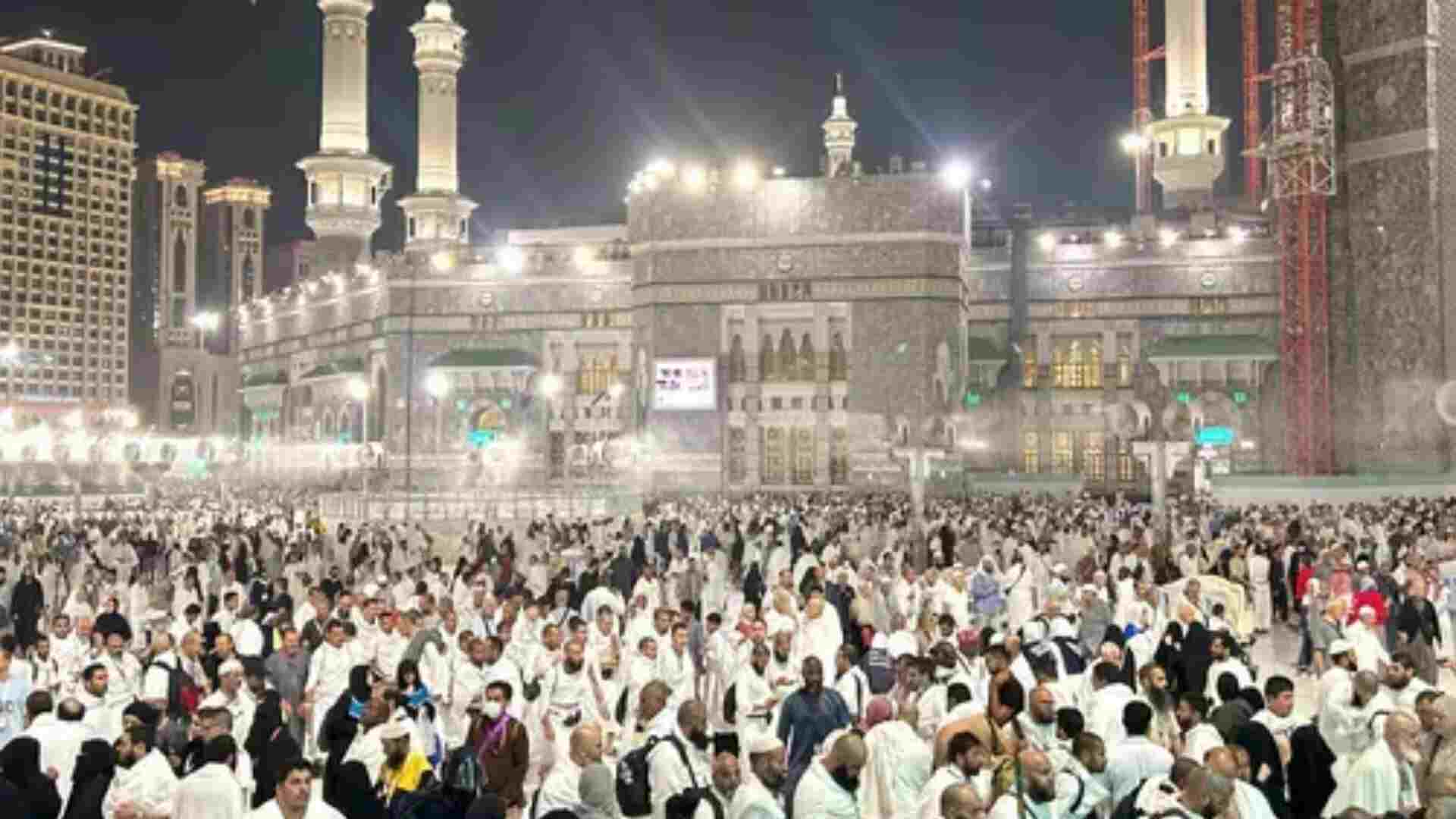This year’s Hajj begins as over 1.5 million pilgrims from across the world have already gathered in and around Mecca, and this number continues to rise as additional pilgrims from within Saudi Arabia join. Saudi authorities anticipate that the total number of pilgrims this year will surpass 2 million.
This year’s Hajj occurred amid the ongoing conflict in the Gaza Strip between Israel and Palestinian militants, a situation that has brought the entire Middle East to the edge of a regional war, potentially involving Israel and its allies against Iran-backed militant groups.
Palestinians in Gaza could not travel to Mecca for Hajj this year due to the Rafah crossing’s closure in May amid Israel’s ground offensive in Rafah. Meanwhile, 4,200 pilgrims from the West Bank and 1,000 invitees from families of Palestinians killed or wounded in Gaza, who were already outside Gaza, reached Mecca for Hajj at the invitation of King Salman of Saudi Arabia.
“We are deprived of performing Hajj because the crossing is closed and due to the wars and destruction,” said Amna Abu Mutlaq, a 75-year-old Palestinian woman from Gaza’s Khan Younis who planned to perform Hajj this year. “They (Israel) deprived us of everything.”
Syrian pilgrims made history this year by taking direct flights from Damascus to Mecca for Hajj, marking a significant shift in Saudi-Syria relations after more than a decade.
The Hajj is a vital Islamic pillar, necessitating a five-day pilgrimage for capable Muslims. It purifies sins, strengthens the bond with God, and unifies over 2 billion Muslims worldwide. It’s a crucial time for prayers, particularly for peace in areas like Yemen and Sudan.
Many Muslims save for years for this significant journey, honoring the stories of Prophet Ibrahim, Ismail, and Hajar. Male pilgrims wear ihram, while women dress modestly, foregoing makeup and perfume, and perform rituals around the Kaaba in Mecca’s Grand Mosque.
Saudi authorities have tightened security around Mecca, using checkpoints on roads to block unauthorized pilgrims without Hajj permits. Lt. Gen. Muhammad al-Bassami, head of the Hajj Security Committee, reported arrests of individuals attempting to bring unauthorized pilgrims. The Interior Ministry noted that many were expelled, and travel agents could face up to six months in jail.
The pilgrims opened the Hajj by heading to Mina on Friday, followed by a daylong vigil on Mount Arafat on Saturday. They collect pebbles in Muzdalifa for the symbolic stoning of devil-representing pillars in Mina. After three days in Mina coinciding with Eid al-Adha, they conclude with the Farewell Tawaf in Mecca.
Hajj begins, which spans five days in the second week of Dhu al-Hijjah, temperatures often exceed 40 degrees Celsius (104 degrees Fahrenheit), reaching up to 48 degrees Celsius (118 degrees Fahrenheit) in the holy sites. Pilgrims, facing minimal shade outdoors during most rituals, commonly use umbrellas to shield themselves from the intense sun.










